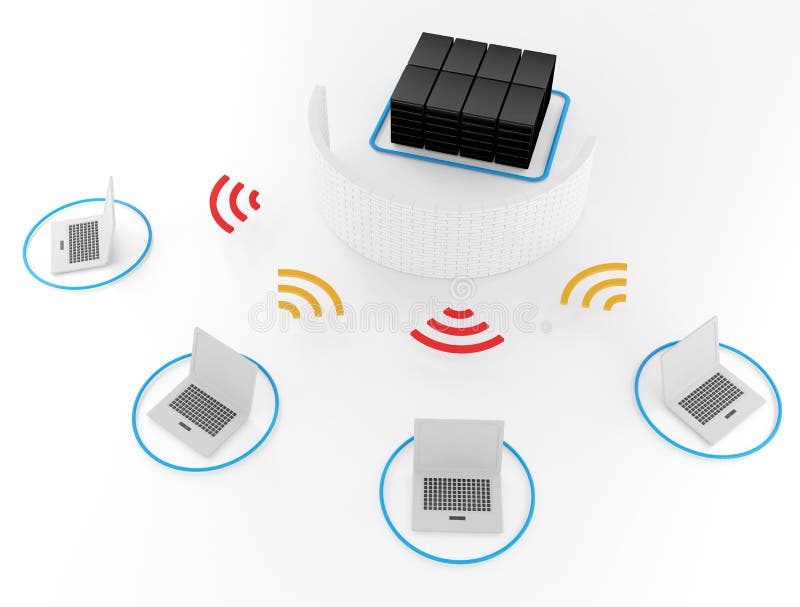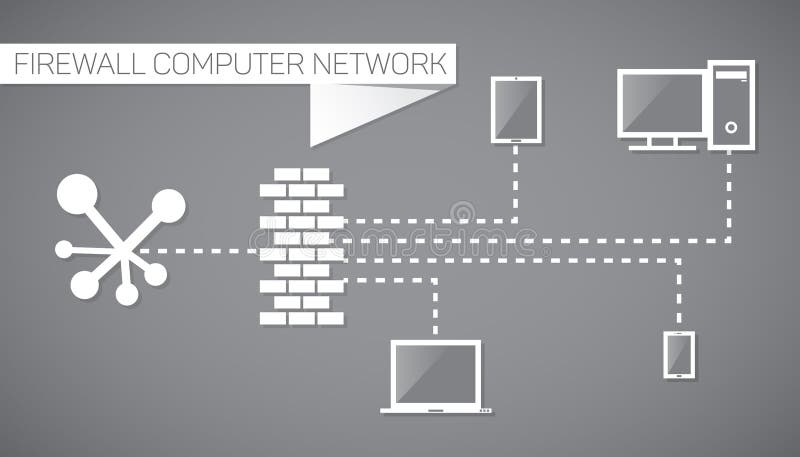
These attacks can frequently come in the form of unwanted downloads, which infect your device with monitoring or keylogging programs, ransomware, and malware. Without a firewall, your device or web server is low-hanging fruit that can be vulnerable to thousands of different attacks, both automated and targeted, any time it connects to an outside device. It also acts as an intermediary so your computer systems never directly connect to someone else’s. All of the data that goes from your network to the outside world or from the Internet and external systems into your network is monitored by a firewall to look for malicious data or recognizable threats.

What Is The Purpose of a Firewall?įirewalls create a barrier between the devices on your network (such as desktop computers, mobile devices, printers, and more) and the networks outside of your organization. Learn more about what a firewall is, different types of firewalls, and the business-critical advantages of getting the right firewall up and running to protect your organization. A proactive defense is one of the only ways to keep your business data and operations safe from network-based attacks.įirewalls, which monitor network traffic to identify and block potential threats, should be the foundation of your business’s cybersecurity infrastructure.

According to a report by ID Agent, 47% of businesses reported experiencing five or more attacks in 2020. Cybersecurity is one of the most pressing concerns for businesses of any size.


 0 kommentar(er)
0 kommentar(er)
